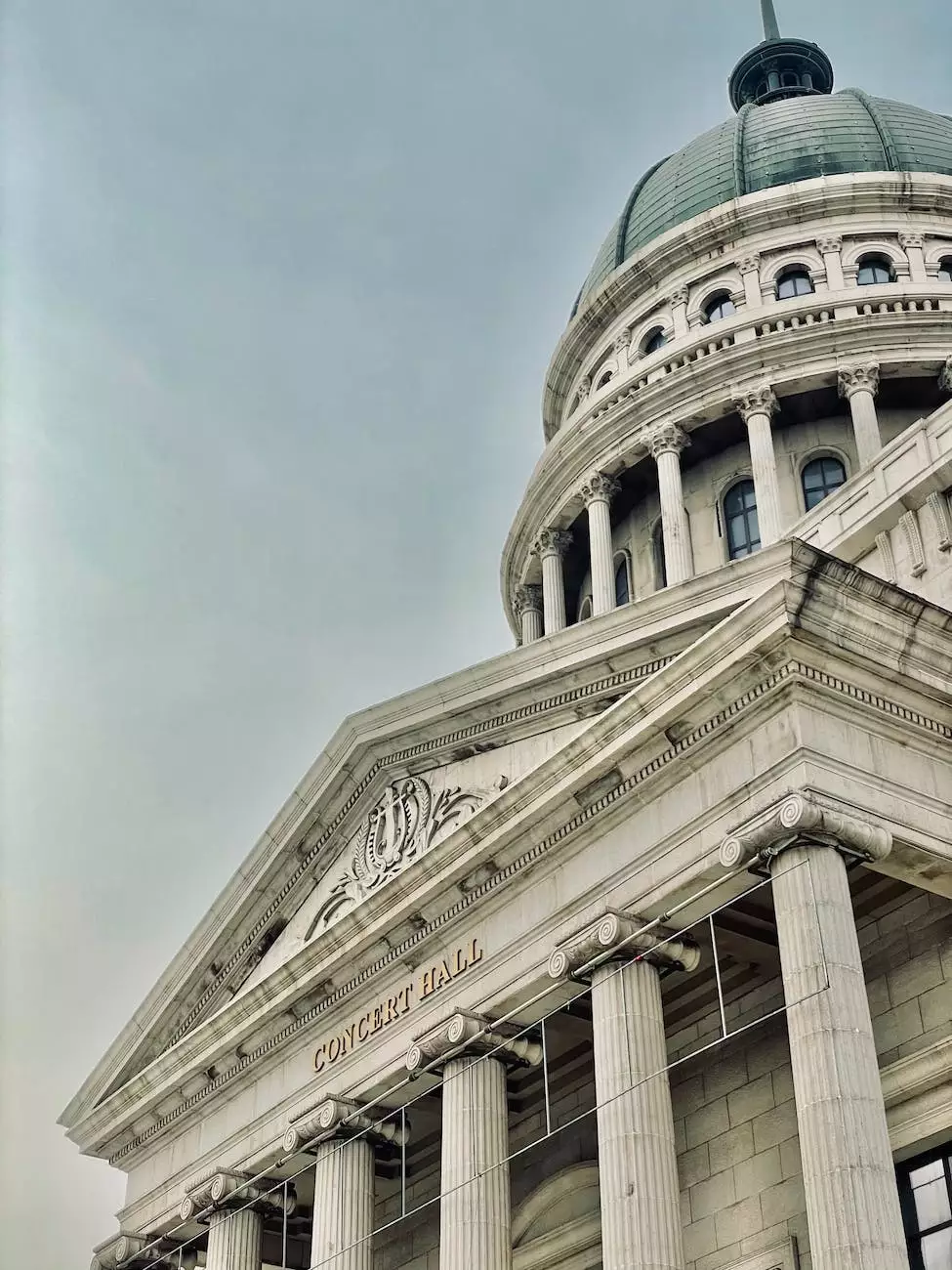Elder Justice Act - Federal Initiatives
Legal
Overview
Welcome to Denaro Anthony D Atty, your trusted source for information on the Elder Justice Act and Federal Initiatives related to elder law and legal matters. In this comprehensive guide, we will explore the importance of protecting the rights and interests of older adults and the measures taken by the federal government to address elder abuse, neglect, and exploitation.
The Elder Justice Act
The Elder Justice Act is a significant legislation aimed at preventing elder abuse and ensuring justice for older adults. Enacted in 2010, this federal law supports activities to detect, prevent, investigate, and prosecute elder abuse cases, both in institutional and community settings. The act emphasizes collaboration among various agencies, such as law enforcement, healthcare providers, and social services, to effectively combat elder abuse.
Key Federal Initiatives
There are several key initiatives under the Elder Justice Act that focus on different aspects of elder law and government involvement. Let's explore some of these initiatives:
1. National Adult Protective Services Association (NAPSA)
NAPSA is dedicated to supporting Adult Protective Services (APS) agencies across the country. APS agencies play a crucial role in investigating reports of elder abuse and providing essential protective services. Through training, education, and advocacy, NAPSA helps enhance the quality and effectiveness of APS programs.
2. Long-Term Care Ombudsman Program
The Long-Term Care Ombudsman Program aims to protect the rights and well-being of older adults residing in long-term care facilities, such as nursing homes and assisted living facilities. Ombudsmen work as advocates, regularly visiting these facilities, monitoring the quality of care, addressing complaints, and promoting resident-centered care practices.
3. Elder Abuse Prevention and Prosecution Act (EAPPA)
The EAPPA complements the Elder Justice Act by strengthening federal penalties for crimes against older adults, supporting elder abuse training programs, and enhancing coordination among federal agencies to improve prevention and prosecution efforts. This act recognizes the need for a comprehensive, coordinated response to combat elder abuse at both the federal and state levels.
4. National Center on Elder Abuse (NCEA)
NCEA serves as a valuable resource center, offering research, training, and resources to professionals, caregivers, and the public on matters related to elder abuse, neglect, and exploitation. The center conducts studies, provides educational materials, and raises awareness to promote a better understanding of elder abuse issues.
5. Medicare Fraud Strike Force
Medicare Fraud Strike Force is a collaborative effort between the Department of Justice and the Department of Health and Human Services to prevent fraud and financial exploitation targeting older adults. The strike force works to identify and prosecute perpetrators involved in fraudulent billing practices, ensuring the integrity of Medicare and safeguarding older adults' access to essential healthcare services.
Elder Law and Government
Elder law encompasses a broad range of legal matters and government initiatives that focus on issues affecting older adults, their families, and caregivers. Some key areas of elder law include:
1. Estate Planning
Estate planning involves creating legal documents such as wills, trusts, and powers of attorney to manage a person's assets and healthcare decisions in the event of incapacity or death. Elder law attorneys assist older adults in developing comprehensive estate plans that align with their unique needs and goals.
2. Medicaid Planning
Medicaid planning helps older adults navigate the complex process of qualifying for Medicaid benefits while protecting their assets. Qualified elder law attorneys can provide guidance on eligibility requirements, asset protection strategies, and the application process to ensure older adults receive the necessary long-term care support.
3. Guardianship
Guardianship involves appointing a legal guardian to make decisions on behalf of an incapacitated or vulnerable individual. Elder law attorneys assist families in establishing guardianships to protect older adults who are unable to manage their personal, financial, or healthcare affairs.
4. Social Security and Retirement Benefits
Elder law attorneys help older adults understand their entitlement to Social Security benefits, retirement plans, and other government programs. They can provide advice on maximizing benefits, appealing denials, and addressing issues related to eligibility and benefit calculations.
5. Age Discrimination and Employment Rights
Elder law also covers issues related to age discrimination in the workplace and employment rights. Attorneys specializing in this area can advocate for older adults facing discriminatory practices, such as wrongful termination, unequal pay, or denial of employment opportunities based on age.
Conclusion
Denaro Anthony D Atty is dedicated to promoting elder justice and providing reliable legal guidance on matters concerning older adults. Understanding the Elder Justice Act and the various federal initiatives under its umbrella is crucial for safeguarding the rights and well-being of older adults in our society.




